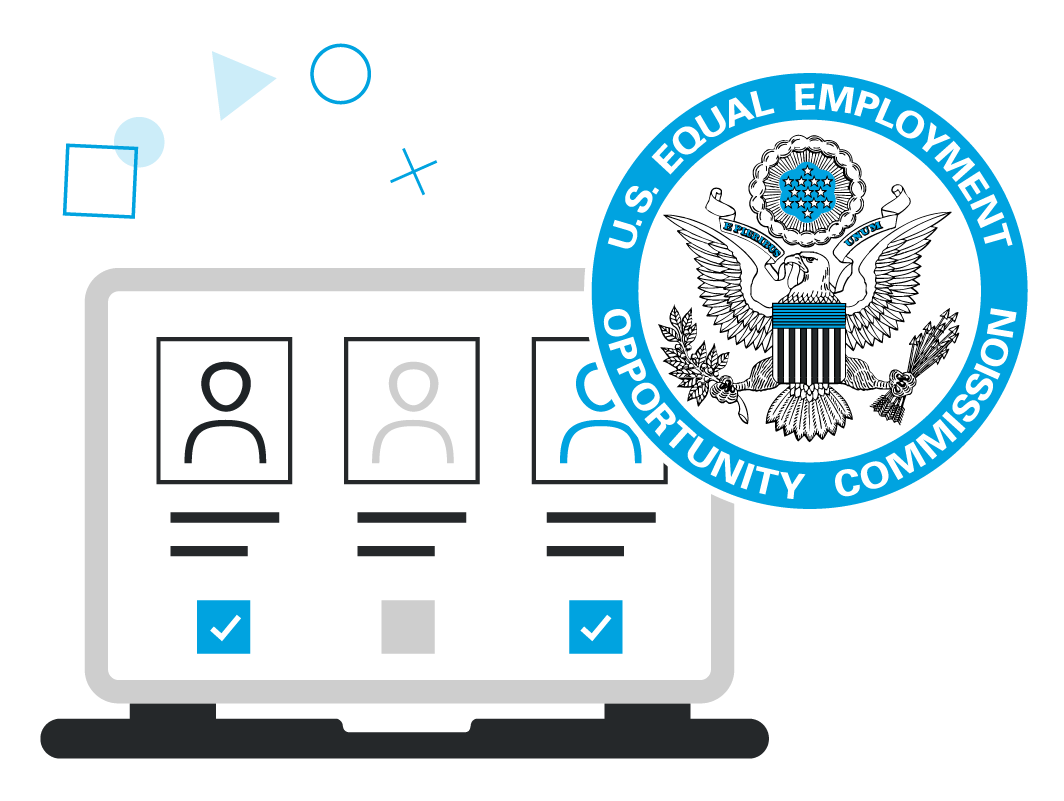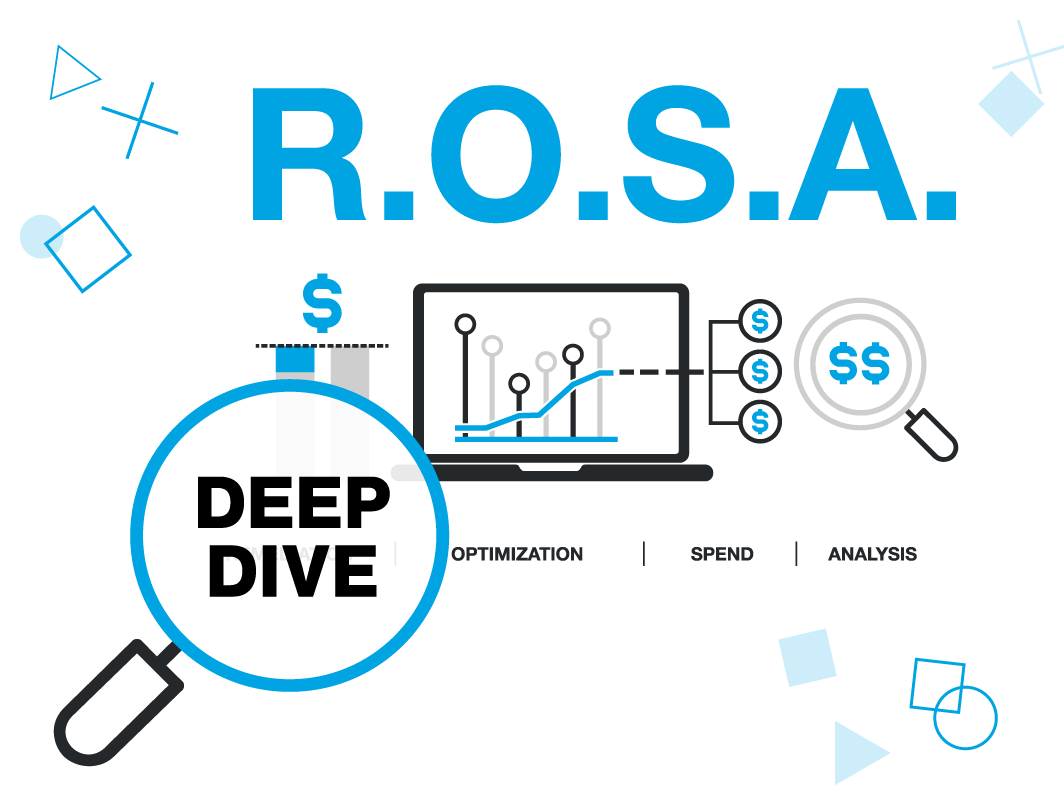
![]()
Puerto’s Rico’s equal pay efforts received a significant boost earlier this month, thanks to regulations set to take effect March 14, 2020.
Puerto Rico’s Equal Pay Act, first enacted on March 8, 2017will now see new regulations to ensure employers are working to achieve gender equality. Under the new regulations, employers will be able to voluntarily enroll in a program where their pay practices and policies, along with their workforce makeup and salary information will be reviewed by an Equal Pay Committee to ensure compliance with Puerto Rico’s Equal Pay Act.
The Equal Pay Committee is made up of personnel from Puerto Rico’s Anti-Discrimination Unit, Legal Affairs Bureau, Worker’s Advocate Office, and Women’s Advocate Office within the Puerto Rico’s Department of Labor. The committee will oversee the equal pay efforts made by both private and public sector employers and determine areas of improvement if necessary.
Upon completion of the review by the Equal Pay Committee, the employer may qualify for a certification valid for up to three years. The certification will not only promote public recognition for the employer but may also limit gender discrimination legal liability, in addition to other related benefits.
While the program is currently voluntary, Puerto Rican legislature is considering amending the Equal Pay Act to require employers to participate in the program to ensure they are actively working towards achieving gender equality in the workplace.
Puerto Rico’s Equal Pay Act currently states that employers cannot pay employees less on the basis of sex, nor can they inquire into a job applicant’s salary history. In addition, the law states that employers cannot retaliate against employees that openly discuss salary information.
Employers who wish to apply for certification must disclose salary history data, job classifications, job descriptions, benefits structures, and more information to the Equal Pay Committee. A great place for employers to start in their efforts to achieve pay equity, whether mandated by local legislation or through other incentives, is through a comprehensive pay equity audit.
A comprehensive pay equity audit is the best place to start to understand what your company is doing right, and where it can improve, before regulatory investigations, employee lawsuits and investor actions that require you to provide this information.
Learn how a pay equity audit has helped other organizations in a report by Harvard Business Review Analytic Services, done in association with Trusaic, here.



